The Ayurveda Foundation Program is a 51-hour self-streaming video course that immerses students in the Ayurveda wellness arts. Foundation programs are ideal for self-healing, family care, and helping those closest to us in our communities. The program is open to everyone and may be taken as a stepping stone to the Ayurveda MasterClass Program or alone. Students will begin the process by focusing on healing themselves and the people closest to them. This is based on the premise that we must know how to heal ourselves before we can heal others. The Ayurveda Foundation Program is not required to enroll in the Ayurveda MasterClass Program.
Video Programming
Instructor: James Bailey, AD, DASc, LAc, MPH
Program length: 51 hours
Format: Prerecorded Course Videos
Timeline: Stream at your own pace.
Courses include: AWC 1-3
Tuition: $450 or $150 per month for 3 months
Course Streaming Format
The Ayurveda Foundation Program consists of three 17-hour courses. Stream all three courses at your convenience. Manuals included.
Tuition
Tuition: $450 | 51-hours. Pay-in-full or take advantage of our payment plan. Pay just $150 per month for three months.
Open to all
Programs are open to all as an introduction to the Ayurvedic view of life, health, and healing. Learn Ayurveda for self, family, friends, and community.
Program Instructor
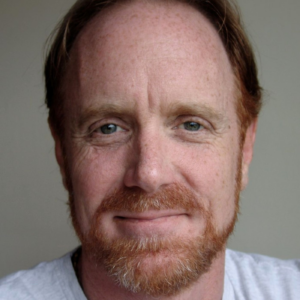
James Bailey, AD, DASc, is the Founder and Program Director of Sevanti Institute. His teachings are considered eclectic and entertainingly provocative. He is sought out for his vast knowledge of traditional medicine and the ability to bridge complex ancient wisdom into simple modern-day living. His training includes ten years of clinical studies in Traditional Chinese Medicine and Ayurveda under Dr. Vaijayanti Apte and many Ayurvedic doctors in the US and in Kerala, South India. He is the Founder and Director of Sevanti Wellness and Tour Guide of Sevanti Adventures, which offers an annual tour of sacred India each March.
What Will You Learn?
Students will learn traditional Ayurveda’s foundational knowledge and self-care rituals, assessing both the doshic constitution (prakriti) and conditional or symptomatic doshic imbalances (vikriti). Students will acquire invaluable insights and practical skills needed for enlightened, effective, and very personalized self-care and care for those around us.
A few of the topics you will learn during your studies include:
- The principles of Ayurvedic theory, anatomy, physiology, and keys to personal wellness
- Personal healing insights needed on your journey to balance; healing ourselves is the first step to healing others
- Introduction to Ayurvedic nutrition, personalized diets, and the lifestyle routines needed to restore health and balance
- Introduction to Ayurvedic lifestyles and daily self-care practices
- A deeper understanding of the doshas, subdoshas, body constitution, and constitutional types
- Ayurveda and digestive health, how to assess imbalances of digestion, how to heal chronic imbalances of the digestive system
- Dinacharya’s daily routines such as self-massage with warm oils (abhyanga) and seasonal cleanses with kitchari
- How Ayurveda can best inform your yoga practice
- Rasayana: rejuvenation methods to slow the aging process, aid in recovery from illness, and improve stress management
- How to interpret the doshas in your body
- See module descriptions below for more detailed course topics
Core Modules
The Core Modules are essential principles of Ayurveda wellness that may be applied to oneself for self-care (swasthavritta), or to guide family or community. These topics are the keys to a balanced life and an initial stepping stone toward authentic self-care and healing.
AWC 1: Principles of Ayurveda | 17 hrs
AWC 1 lays the foundation for the entire AWCP program. We will introduce the primary working theories of Ayurveda, including the Panchamahabhutas (5 Elements) and Tridosha (3 Doshas: Vata, Pitta, Kapha). Students will be introduced to Ayurvedic anatomy and physiology, the science of prakriti, our body constitution, the transformative power of Agni in digestion and consciousness, how to maintain digestive balance, the role of ama, or toxins in our health, and ojas, the sacred sap of life and longevity. The intention of this overview course is self-knowledge (vidya) and enlightened self-care (swasthavritta). We achieve that through effective self-study, yogic and Ayurvedic lifestyle integration, pure sattvic living, living true to ourselves (sadvritta), and the exquisite uniqueness of our own constitutional nature, karmas, and health journey. Wellness begins with self-knowledge, new beginnings, and self-care. This is the beginning.
Topics Covered
Topics Covered
– We Begin with Self Knowledge and Self Care
– Ayurveda History, Definitions, Philosophy, and Classic Texts
– Ayurveda and the Vedas
– Swasthavritta (Enlightened Self Care, Wellness, Non-Clinical) Branch of Ayurveda
– Sadvritta: Living True to Ourselves in Yoga and Ayurveda
– Ayurveda: The Wisdom of Life
– Ayurvedic Definition of Health
– Three Pillars of Health
– Tatwas: The Twenty Attributes of Nature
– Pancha Mahabhuta: 5 Element Theory and the Body
– Tridosha Theory: Vata, Pitta, Kapha
– Subdoshas
– Doshas and Personality
Topics Covered
Topics Covered
– Prakriti: The Seven Constitutions
– Prakriti Body Types
– Prakriti Personality Types
– Agni: Metabolism and Transformation in Health
– Ama: Endogenous and Exogenous Toxicity
– Sapta Dhatus: The Seven Tissues and Signs of Imbalance
– Upadhatu: Secondary Tissues
– Mala: Understanding and Maintaining Healthy Elimination
– Digestion and It’s Care: The Core of our Well-Being
– Stages of Digestion
– Ojas: Reservoir of Life
– Rasayana: Longevity, Anti-Aging, Rejuvenation
AWC 2: Healing Practices of Ayurveda | 17 hrs
The wellness methods taught in the AWC 2 section are routine lifestyle practices in Yogic and Ayurvedic life. The efficacy of these methods lies in making them authentic, i.e., customized to the individual’s unique constitution (prakriti) and condition (vikriti). The course will focus on the healing modalities used in Ayurveda to restore balance to body and mind. These include lifestyle counseling, nutrition, herbology, culinary spices, topical oil therapies, and Ayurveda home cleansing. These are the tools of our healing work.
Topics Covered
Topics Covered
– Lifestyle: Addressing the Nidan, Moving Towards our Nature
– Assessing Mental Prakriti and Vikriti
– Ayurvedic and Yogic Nutrition: Foods as Medicine
– Healing with Spices
– Dosha Balancing Teas
– Herbology: Common Herbs, Culinary Spices, and Formulas
– Rasayana: Rejuvenation and Anti-Aging
– Thailam: Medicated and Essential Oils for Internal and Topical Use
Topics Covered
Topics Covered
– Topical Therapies: Abhyanga, Lepa, Ointments
– Ayurvedic and Yogic Fasting / Cleansing: Custom Kitchari Cleanses
– Swasthavritta Daily Routines: Dinacharya, Ritucharya, Ratricharya, and Ritusandhi
– Women’s Health, Yoga and Ayurveda
– Asana for Prakriti Types and as Ayurvedic Therapy
– Joint Health in Yoga and Ayurveda
– Subtle Therapies: Pranayam, Meditation, and Mantra Therapies
AWC 3: Ayurveda Diagnostics | 17 hrs
This course will cover Ayurveda assessment theory and practice from the Swasthavritta tradition of Ayurveda. Students will learn how to measure each dosha’s movements through their body-mind, what signs and symptoms reflect their presence, and the deduction of doshic patterns. Basic pulse, tongue, and tissue analysis will be covered. This is the most practical aspect of Ayurveda, where students will assign the appropriate healing method, as taught in AWC 2. Students will practice the assessment methods on themselves and family members only.
Topics Covered
Topics Covered
– Authenticity as our Healing Path
– Dosha Tests: Subjective Self Testing vs Objective Assessments
– Manas Prakriti: The Trigunas and our Mental Constitution
– Rogakaarana: Ayurveda Psychology & 3 Causes of all Disease
– Parinam: The Natural Cycle of the Doshas
– Samprapti: The Six Stages of Pathology
– Khavaigunya: Genes that Invite Pathology
– The Three Disease Pathways
Topics Covered
Topics Covered
– Vikriti: Dosha Imbalances and Common Symptoms
– Dosha Assessment
– Dhatu Assessment
– Ama Assessment
– Deduction of Patterns
– Roga Pariksha: Disease Assessment
– Pulse Analysis: Introduction and Practice
– Tongue Analysis: Introduction and Practice
Elective Offerings
The elective offerings are optional experiential programs that offer profound opportunities to deepen the material covered in our Core Modules. One of the more powerful ways of deepening Ayurveda knowledge is to experience Ayurveda at its source in India. To learn more about our annual India tour, go to Sevanti Adventures.
Journey to India: Ayurveda in Keralam, South India | with James Bailey | 50 hrs
Join Sevanti Adventures on an exotic journey to lush and jungled Keralam, south India, for a week of Ayurveda studies and self-healing through treatments and classes with Ayurveda doctors at the world-famous AyurSoma Ayurveda Royal Retreat. Go to the source and receive treatments from practitioners of a 5000-year-old lineage of healers. Many of these practitioners come from 30+ generation families practicing Ayurveda. Students will submit a 5-10 page personal journal of their Ayurveda experience and receive 50 hours of credits. Experience one of the deepest and most traditional styles of Ayurveda in India. Then, join us for a 7-day post-retreat tour of Varanasi and other north Indian locations. Enrollment in the Ayurveda Foundation Program is not required to attend this tour. All are welcome.
Ayurveda Self-Care Wellness Plan + Supervision | 30 hrs
The Ayurveda Self-Care Wellness Plan report is an optional elective module aimed to refine your understanding of self from the Ayurvedic tradition and how to best care for yourself using Ayurveda insights and tools. With supervision from course instructor James Bailey, AD, DASc, the student will draft a self-care plan report, including self-diagnostics and the self-care rituals needed to stay balanced. The Wellness Plan must be submitted to James when completed. The course includes 60 minutes of Zoom supervision feedback on the wellness plan. Please request our AWC 20 manual. Faculty supervision is required. $150 supervision fee

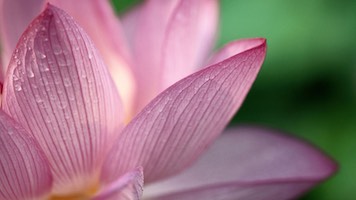






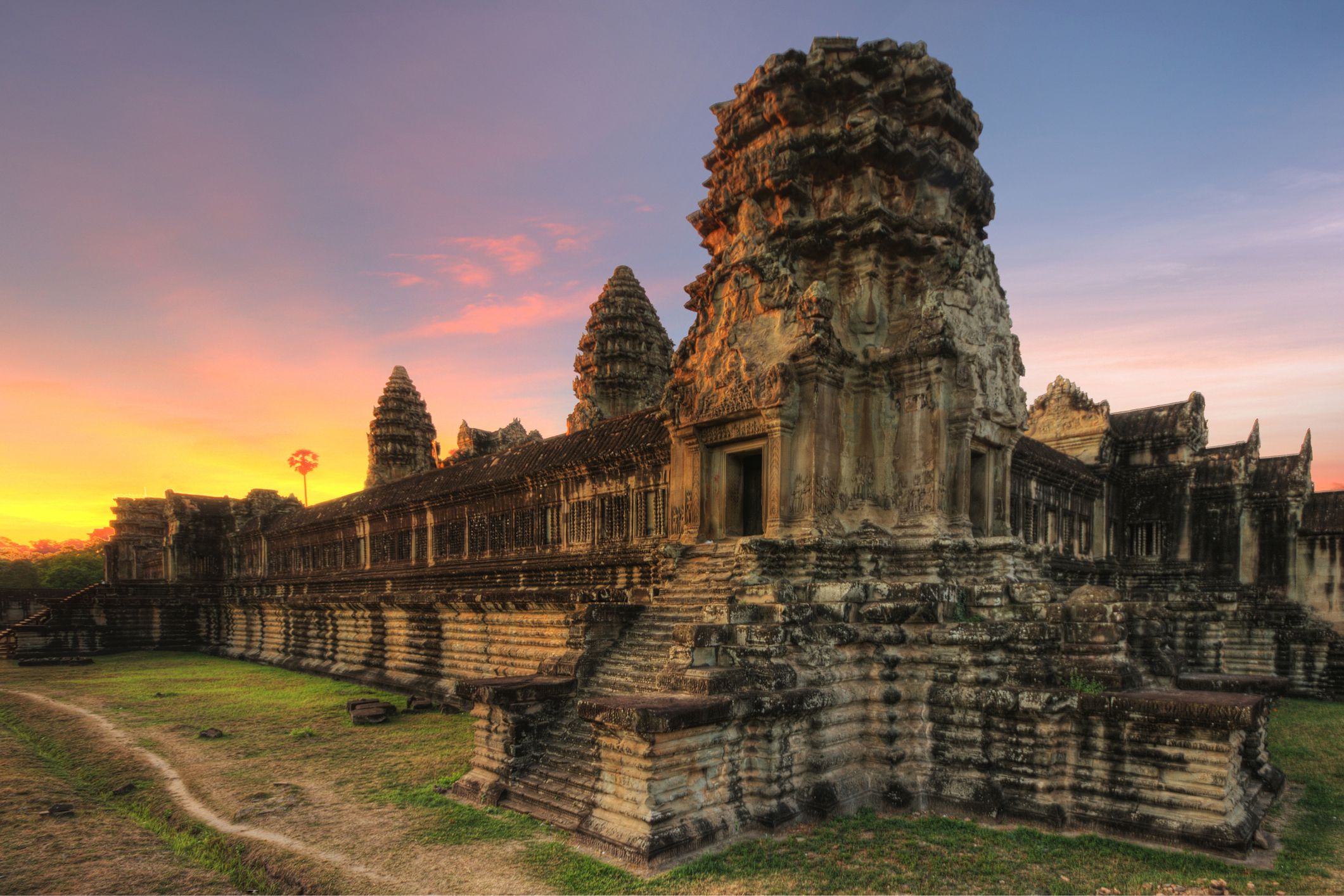


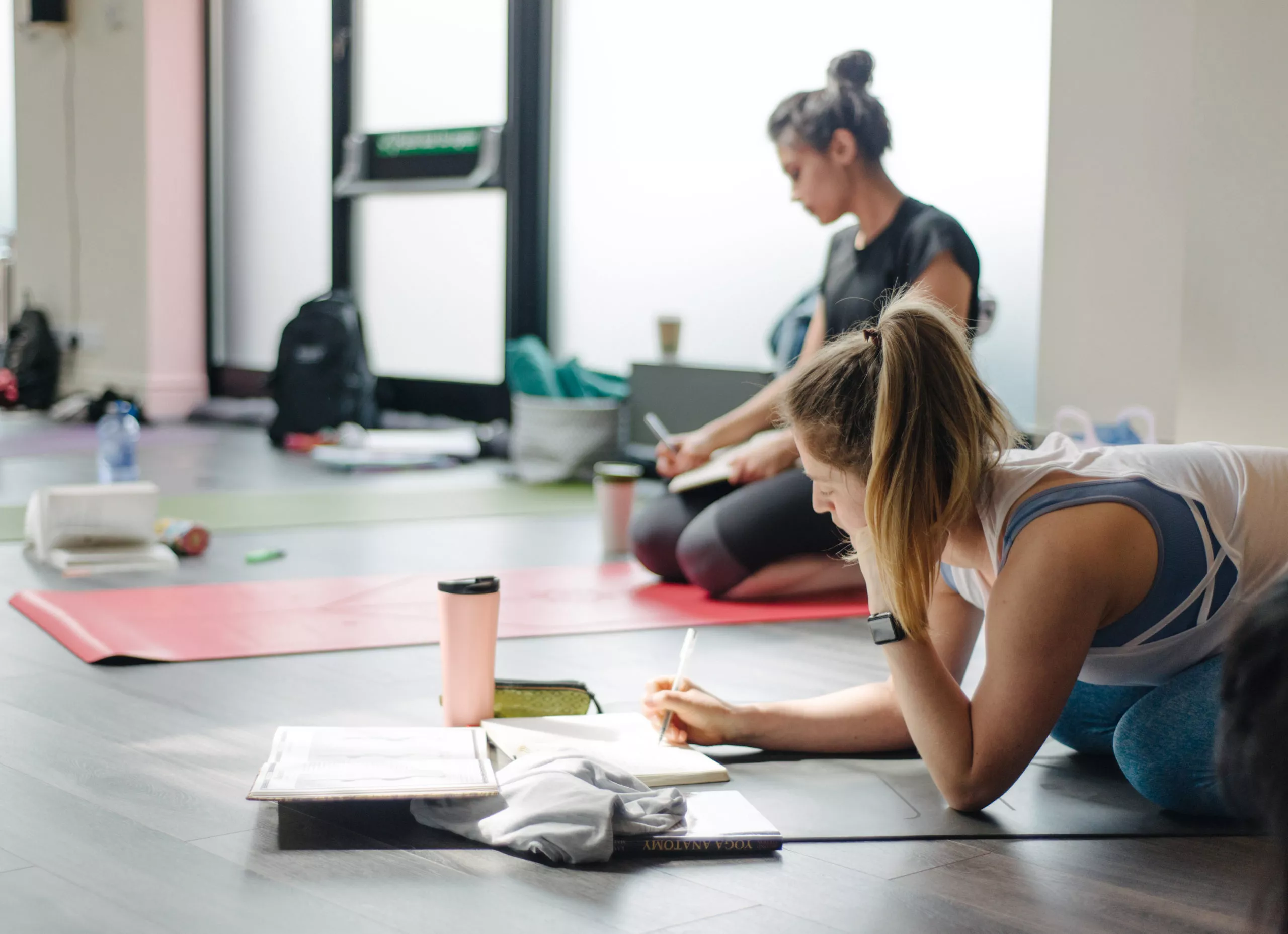
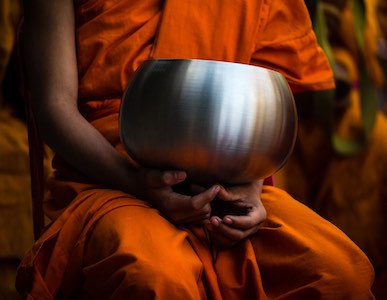



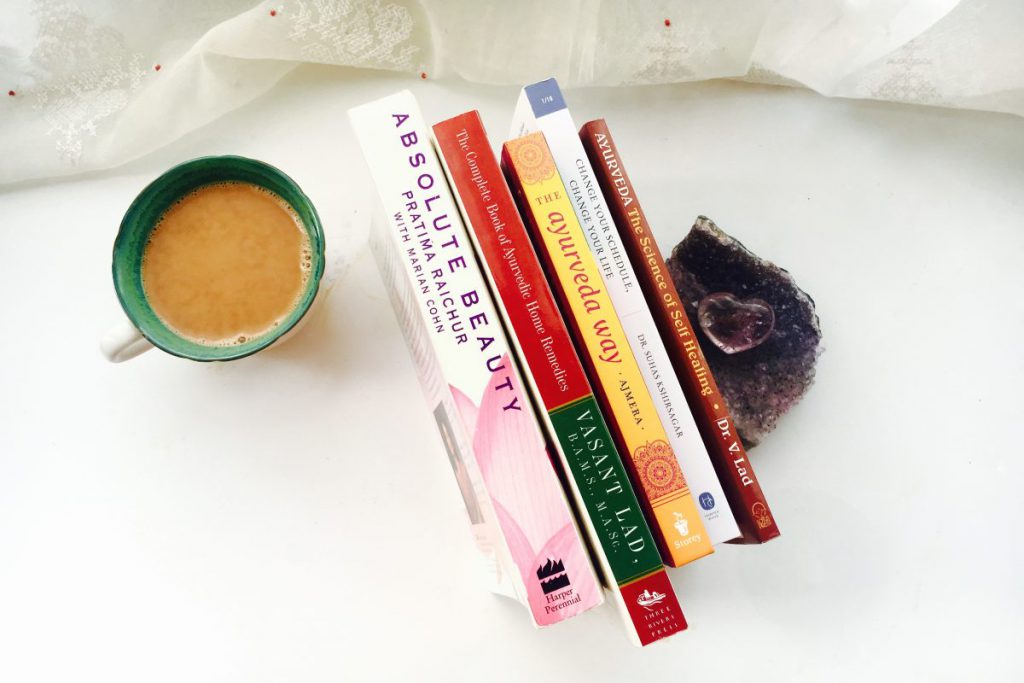
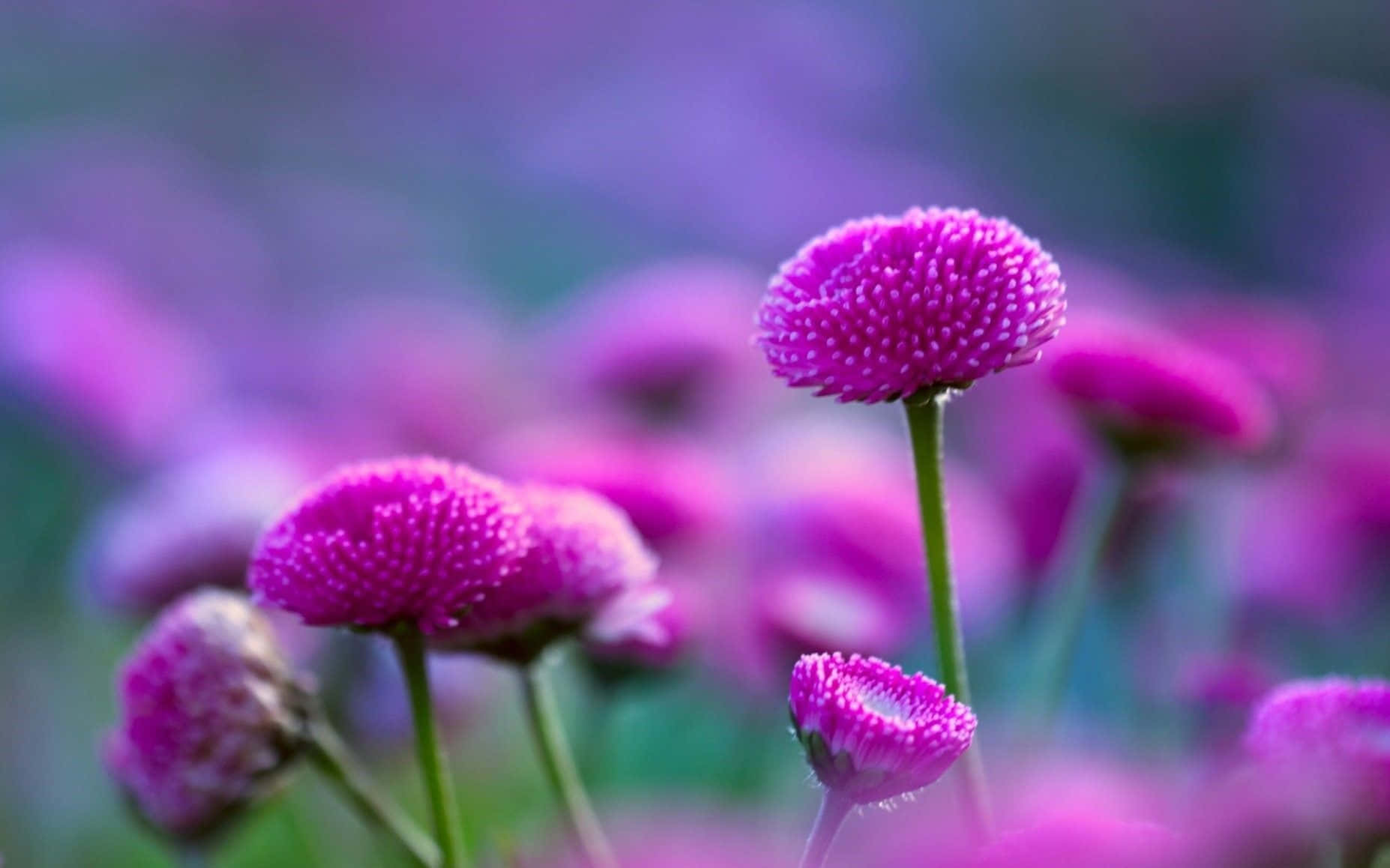

 Sevanti Adventures
Sevanti Adventures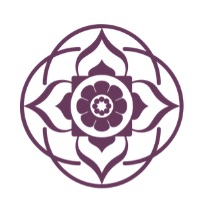 Sevanti Wellness
Sevanti Wellness Sevanti Practice
Sevanti Practice